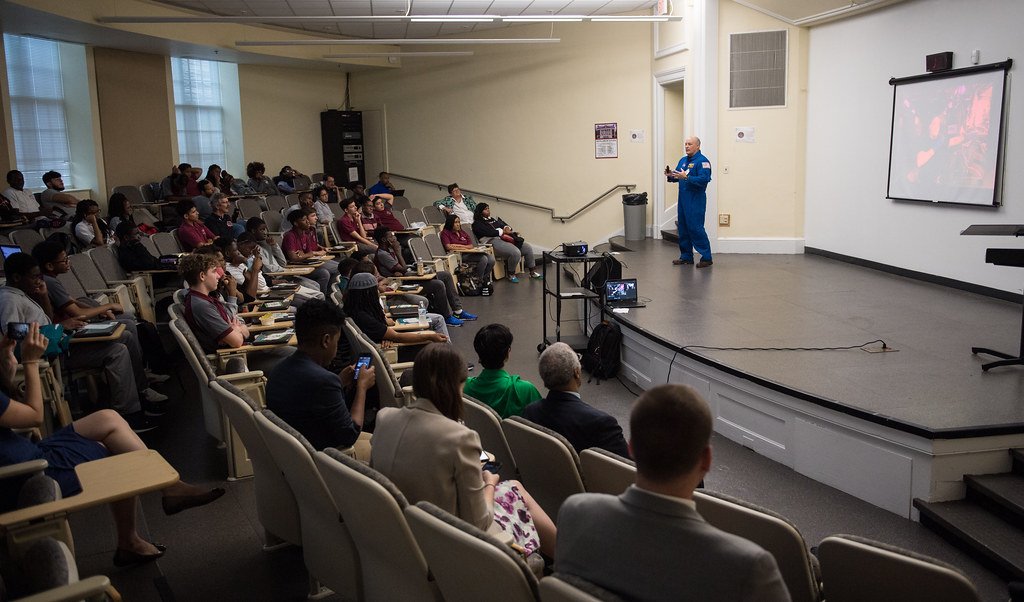The i-CTA is not a conventional academic certification or a professional certification issued by a public body, which requires the review of knowledge, the completion of tests, exams and long written works, but a process of accreditation and international recognition of educational competences. and, most importantly, professionals.
Its development is based on the analysis of the educational processes in the world and the demands of the labour market, and is aimed at the recognition of the skills and knowledge acquired by university graduates in different fields of knowledge in order to provide a high-quality service to society.
What is required to obtain an i-CTA?
The i-CTA is a recognition process that aims to confirm and certify the competences acquired by university graduates through their educational experience. This means that, in order to obtain an i-CTA, university graduates need to demonstrate how they have applied their theoretical knowledge in real situations with certain demands. This can be done through a portfolio of experiences, a report or both. The portfolio must beaccompanied by a report that accounts for the application of knowledge, skills and competences in real situations.
e-CTA is a new electronic format that allows to obtain an i-CTA. It is an electronic tool which offers greater flexibility and speed in the process of obtaining an i-CTA. e-CTA is a digital version of the i-CTA portfolio and can be accessed online from any computer or on mobile devices using an App. e-CTA allows candidates to create, update, share and store information about their educational experiences in their portfolio, without having to send documents via postal mail or email.

